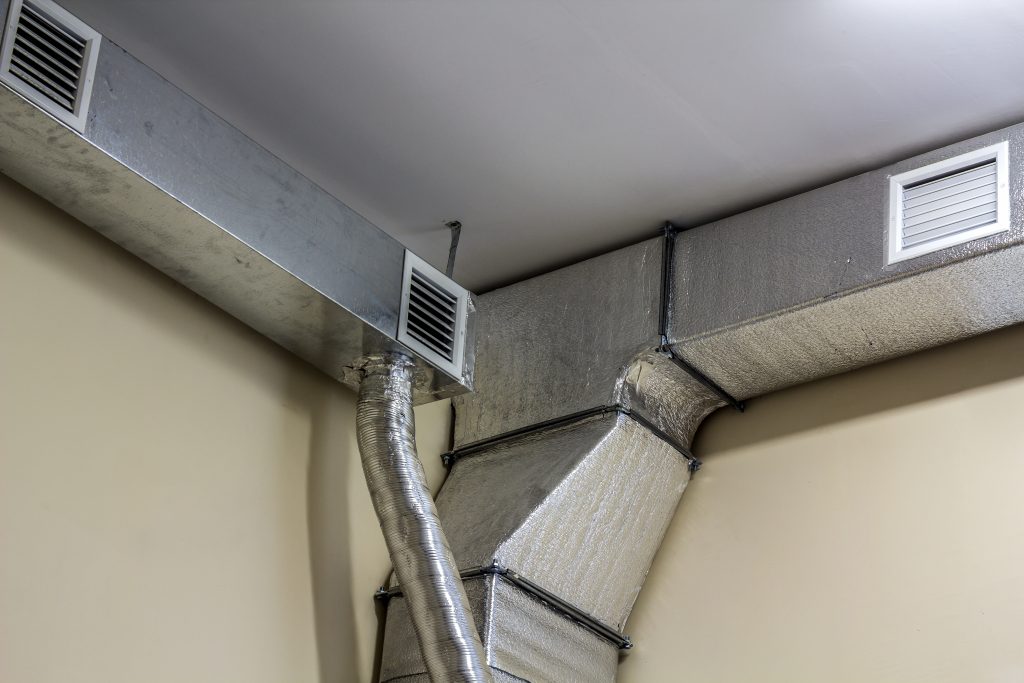How HVAC Installation Can Improve Your Home’s Efficiency
A well-functioning HVAC system is essential for maintaining a comfortable home. As a homeowner, knowing some basic tips for HVAC repair can help you address minor issues, keep your system running smoothly, and potentially save on costly repairs with Local AC. Here are some essential HVAC repair tips to keep in mind and guidance on when to call a professional HVAC contractor for assistance. 1. Replace Air Filters Regularly One of the easiest and most effective ways to maintain your HVAC system is by replacing your air filters regularly. Clogged or dirty filters restrict airflow, causing your system to work harder than necessary, leading to wear and tear on other components. Most filters should be replaced every 1-3 months, depending on usage and household factors like pets or allergies. Keeping up with filter changes improves air quality and energy efficiency, reducing strain on your HVAC system. The Role of Ductwork in Efficiency The Cost of Air Leaks Leaky or improperly connected ductwork can prevent your HVAC system from losing up to 30% of its efficiency. These leaks force your unit to work harder to deliver conditioned air to your living spaces, resulting in higher energy bills and uneven temperatures. Professional Sealing and Insulation During installation, experienced technicians inspect your ducts for gaps, seal any leaks, and add insulation where necessary. Properly sealed ducts ensure that conditioned air reaches every room efficiently, improving comfort while minimizing energy waste. Fine-Tuning for Maximum Efficiency The Importance of Calibration Even the most advanced HVAC systems require precise calibration during installation to function optimally. Professional contractors adjust refrigerant levels, airflow rates, and thermostat settings to ensure the system operates at peak efficiency. Long-Term Benefits of Proper Installation Calibrated systems experience less strain, which extends their lifespan and reduces the need for frequent repairs. They consume less energy, translating into lower utility bills over time. Enhanced Indoor Air Quality The Hidden Benefits of Proper Installation Properly installed HVAC systems don’t just regulate temperature—they also improve air quality. Effective filtration removes dust, allergens, and pollutants from the air, creating a healthier living environment. Maintaining Ideal Humidity Levels Professional installation ensures your HVAC system effectively regulates humidity, preventing mold growth and maintaining a comfortable indoor environment. It is particularly important in areas with high humidity levels. The Advantages of Modern HVAC Technology Smart Thermostats for Energy Savings Modern HVAC systems often include smart thermostats, which allow you to control your heating and cooling remotely. With features like programmable schedules and energy usage monitoring, these devices help you optimize efficiency. Leveraging Advanced Features Today’s HVAC systems have features designed to reduce energy consumption, from variable-speed motors to energy-efficient compressors. Professional installation ensures these components are configured correctly so you get the most out of your investment. The Value of Hiring Professionals Avoiding DIY Pitfalls Improper HVAC installation can lead to inefficiencies, frequent breakdowns, and higher energy bills. DIY approaches often need to account for system sizing, ductwork, and calibration complexities, resulting in subpar performance. Why Experience Matters Local AC Certified HVAC contractors bring the expertise and tools necessary to handle every detail of your system’s installation. They follow industry best practices to ensure your HVAC unit operates efficiently from the start, giving you long-term savings and consistent comfort.Ready to transform your home’s efficiency with expert HVAC installation? Contact us today to schedule a consultation and let our certified professionals handle your heating and cooling needs. For more tips on maintaining your system and improving energy efficiency, visit our blog for the latest updates and insights.
